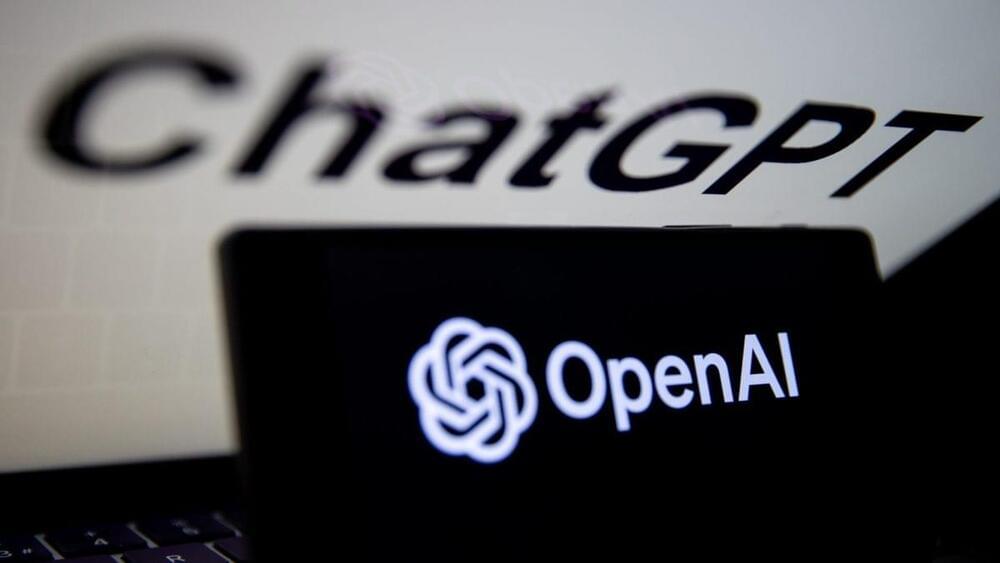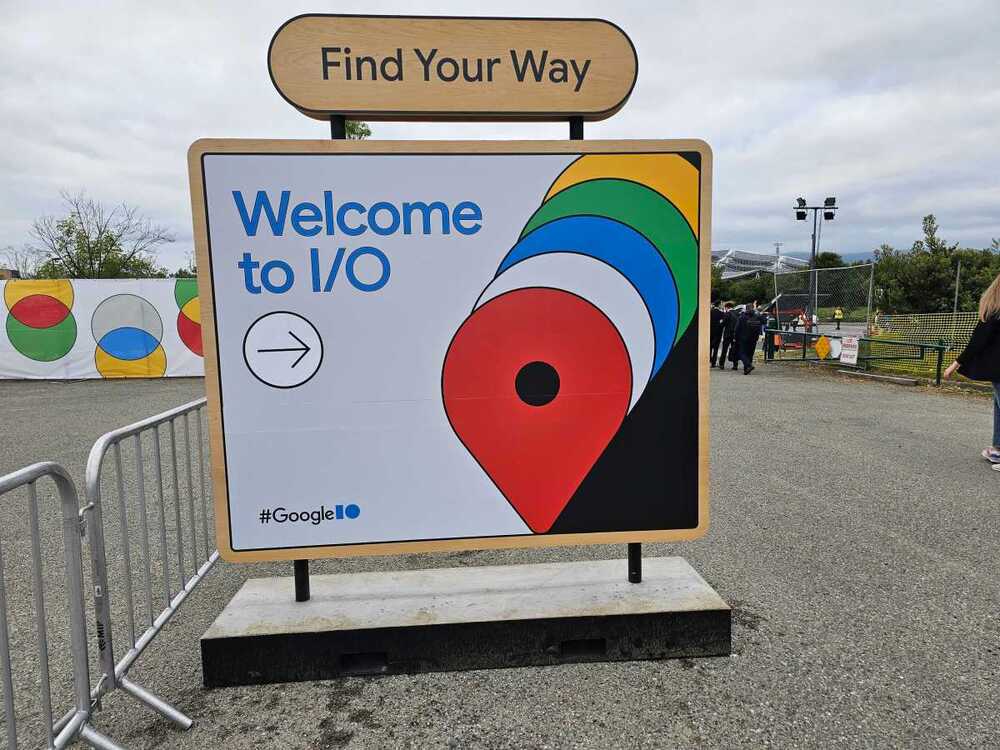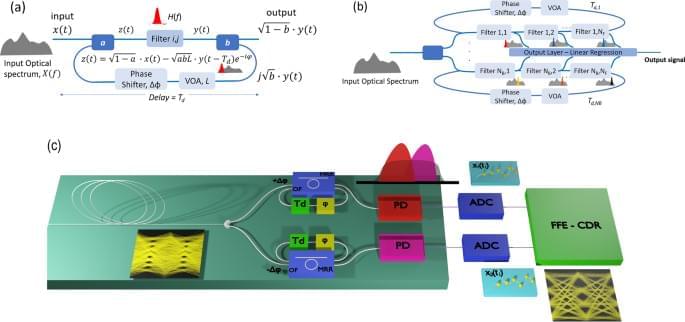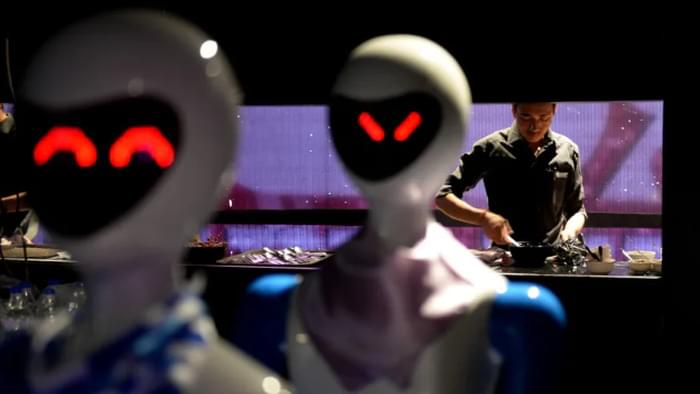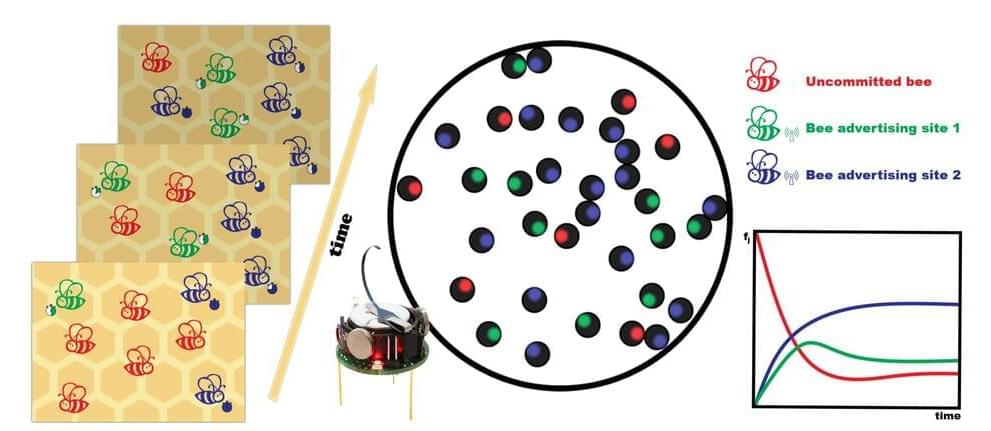OpenAI has confirmed that a distributed denial-of-service (DDoS) attack is behind “periodic outages” affecting ChatGPT and its developer tools.
ChatGPT, OpenAI’s AI-powered chatbot, has been experiencing sporadic outages for the past 24 hours. Users who attempted to access the service have been greeted with a message stating that “ChatGPT is at capacity right now,” and others, including TechCrunch, have been unable to log into the service.
OpenAI CEO Sam Altman initially blamed the issue on interest in the platform’s new features, unveiled at the company’s first developer conference on Monday, “far outpacing our expectations.” OpenAI said the issue was fixed at approximately 1 p.m. PST on November 8.
